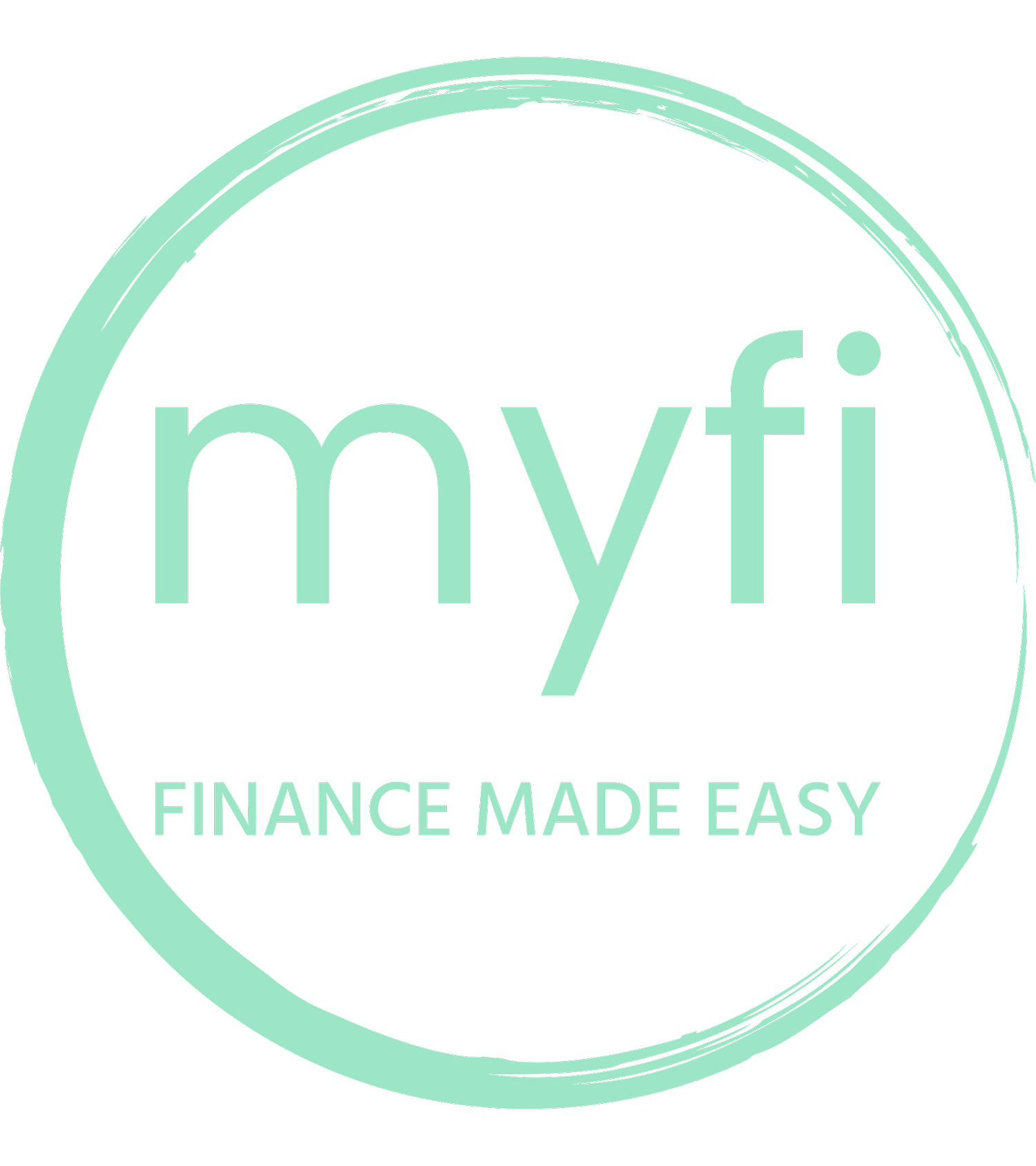Accounting controls for small and medium sized businesses
Accounting controls for small and medium sized businesses are a set of procedures and policies designed to ensure the accuracy and integrity of financial data in a small or medium-sized business.
Accounting controls are essential to maintaining the financial health of the business and ensuring compliance with laws and regulations. Here are some of the most important accounting controls that small and medium-sized businesses should implement:
Separation of duties: This control ensures that no one person has complete control over a financial transaction. This includes separating the duties of recording transactions, authorizing transactions, and reconciling accounts. This helps to prevent fraud and errors by making it more difficult for one person to manipulate the financial data.
Authorization and Approval: This control ensures that all financial transactions are authorized and approved by the appropriate individuals. This includes setting limits on the amount of money that can be spent without approval, and requiring that all transactions are reviewed and approved before they are processed.
Recordkeeping: This control ensures that all financial transactions are accurately recorded and that all records are retained for a specified period of time. This includes creating detailed records for each transaction, maintaining accurate and complete ledgers, and keeping all records in a secure location.
Physical controls: This control ensures that the business's assets are protected from theft or loss. This includes implementing security measures such as cameras, alarms, and access controls to secure the physical location of the business.
Internal Audit: An internal audit is an independent evaluation of the business's financial controls and operations. It is an important control to ensure that all financial transactions are accurate and that all financial controls are functioning properly.
Compliance with laws and regulations: This control ensures that the business is in compliance with all relevant laws and regulations. This includes keeping up-to-date with changes in tax laws, labor laws, and other regulations that may affect the business.
Fraud Detection and Prevention: This control ensures that the business is protected from fraud. This includes implementing fraud detection and prevention controls such as background checks, background screenings, and fraud detection software.
Cybersecurity: This control ensures that the business is protected from cyber threats. This includes implementing security measures such as firewalls, antivirus software, and intrusion detection systems to protect the business's financial data.
Insurance: This control ensures that the business is protected from financial losses. This includes purchasing insurance to protect the business from losses due to theft, fraud, and other risks.
Employee Training: This control ensures that employees understand and follow the business's financial controls. This includes providing regular training sessions to employees on financial controls and policies, as well as providing clear guidelines for employees to follow.
Implementing these accounting controls can help small and medium-sized businesses maintain the financial health of the business and ensure compliance with laws and regulations. It is important to review and update these controls on a regular basis to ensure that they continue to meet the needs of the business. Additionally, it is important to seek advice from a financial professional or accountant to ensure that the controls implemented are appropriate for the specific business.
Concluding on accounting controls for small and medium sized businesses
In conclusion, accounting controls are an essential aspect of a business's financial health and compliance. By implementing the controls discussed above, small and medium-sized businesses can protect their assets, prevent fraud, and ensure compliance with laws and regulations. It is important to review and update these controls on a regular basis, and seek advice from a financial professional or accountant as needed. With the right controls in place, small and medium-sized businesses can focus on growing and expanding their operations, secure in the knowledge that their financial data is accurate and protected.
